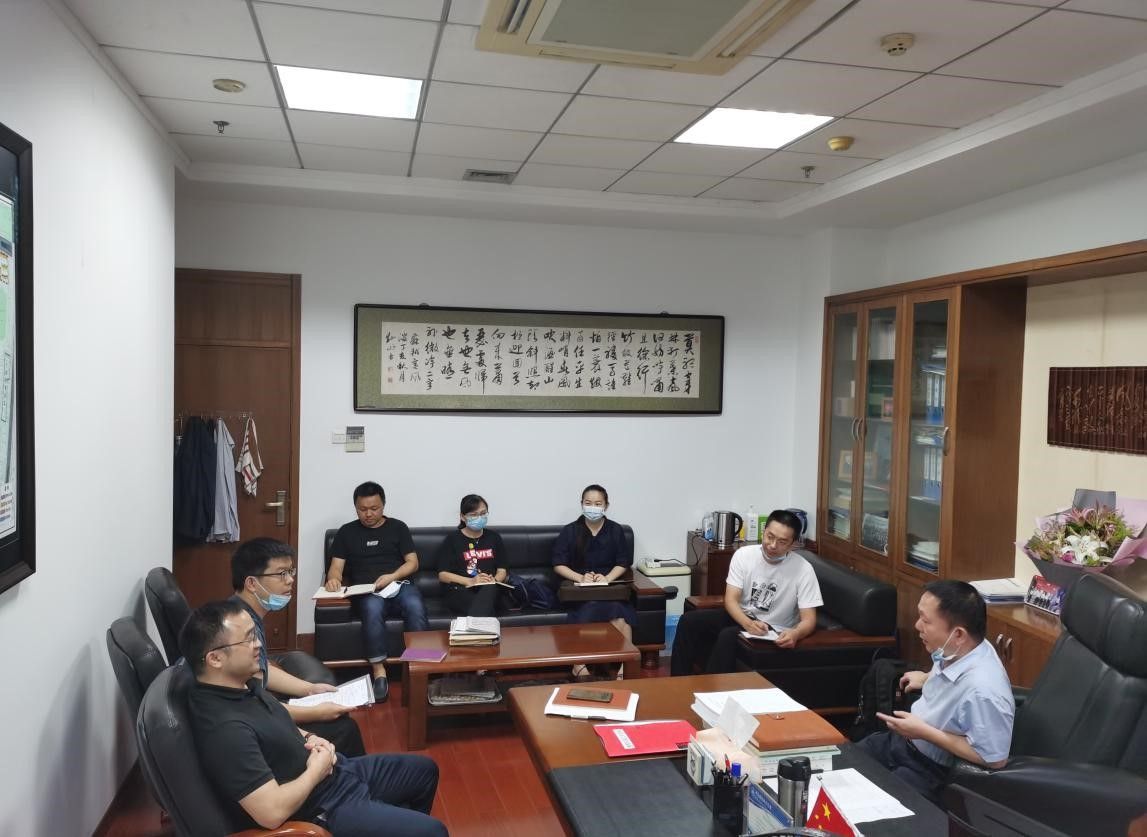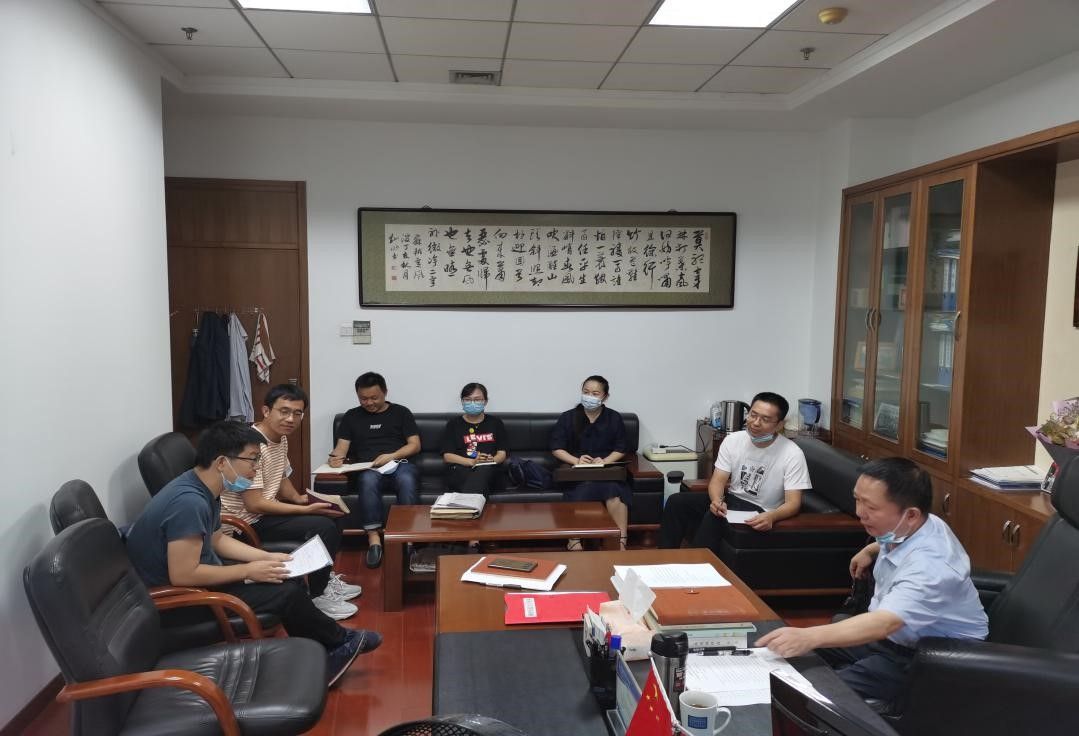On 14th September 2020, the reading workshop on "The Basic Economic System and the Relationship between Income Distribution" was held in Zhongyuan Building. The seminar was presented by Professor Yang Canming, President of ZUEL and Dean of IIDPF, Professor Lu Yuanping, Executive Vice Dean of IIDPF, Associate Professor Tian Binbin, Associate Professor Zhao Ying, Associate Professor Yang Guochao, Dr Wan Xin, Dr Zhang Fan and Dr Liu Erpeng attended the reading workshop.

At the beginning of the seminar, Principal Yang Canming guided the faculty through a discussion of China's three basic economic systems.
First, the rationality of an economic system in which “public ownership is the mainstay and a variety of ownership systems develop together” has to be analysed in terms of various aspects such as political, cultural and social structures, rather than simply economic structures.
Second, an in-depth study of income distribution and wealth distribution is only meaningful if it starts with the conditions of production.
Third, for an economic system in which the distribution of work is the mainstay and multiple modes of distribution co-exist, we should prove the superiority of the distribution according to work as the mainstay.
Fourth, Socialist Market Economy with Chinese Characteristics. Why can a market economy be practiced under a socialist system? Socialism and market economy together and how to balance the two to ultimately achieve common prosperity, it deserves deeper reflection.
In closing, President Yang pointed out that there are many theoretical dilemmas in the three basic economic systems and income distribution, which are difficult to explain with just one kind of knowledge in economics. Therefore, this logic needs to be patched up through interdisciplinary analysis. As scholars, we need to analyse the issues in depth and approach them from a multidisciplinary perspective. The issue of income distribution cannot be confined to the distribution of income itself.

In response to the questions raised by President Yang at the reading workshop, teachers and students in the audience engaged in a lively discussion and actively expressed their views and opinions. Audiences reported that the reading was ruitful and provided a deeper understanding of the research issues of income distribution. The workshop ended with a successful conclusion.
